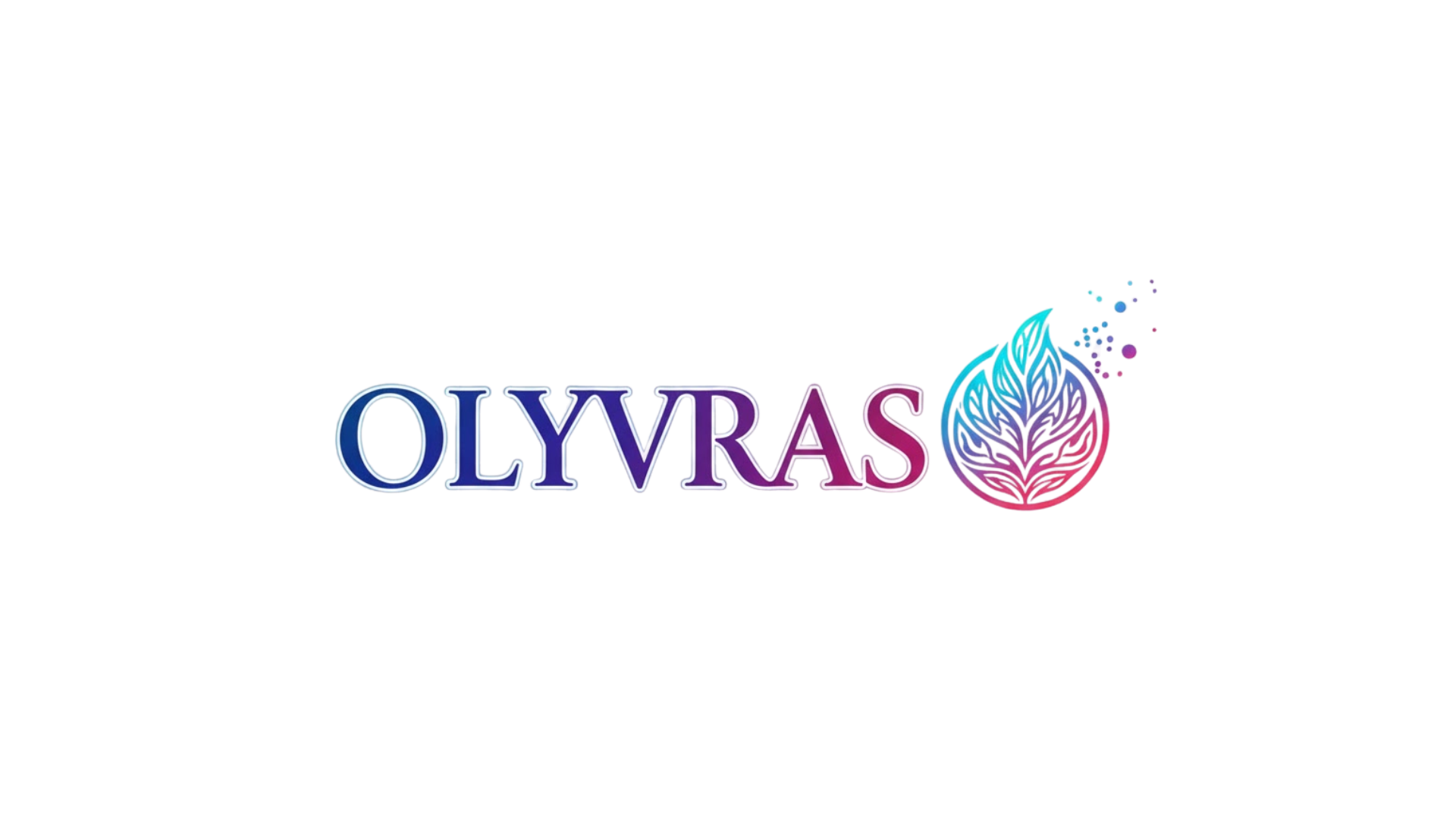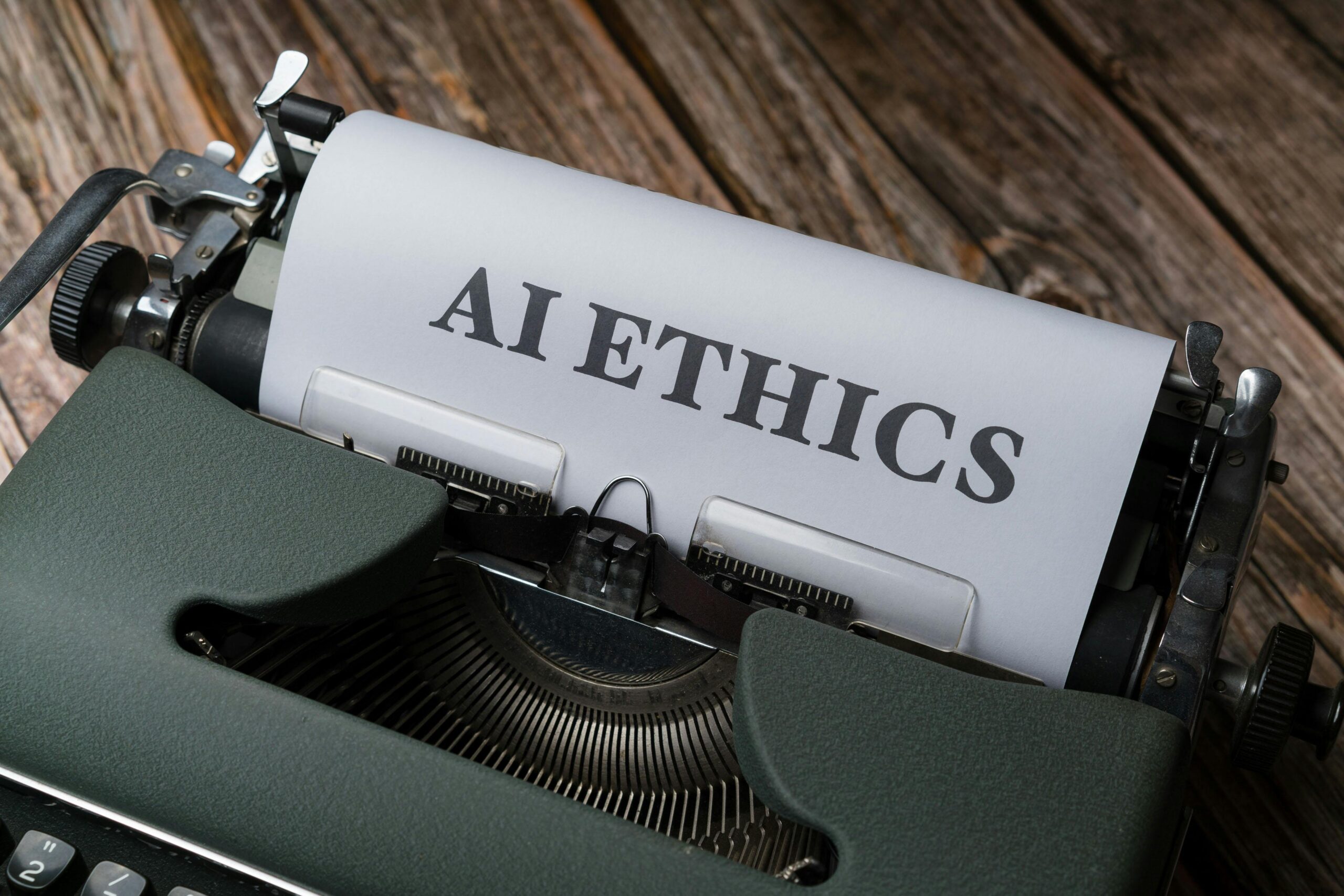In an era where every purchase carries weight, consumers hold unprecedented power to shape markets, influence corporate behavior, and drive meaningful change through informed, ethical buying decisions.
🌍 The Rise of Conscious Consumerism
The modern marketplace has undergone a radical transformation. No longer are consumers passive recipients of whatever products corporations choose to offer. Today’s buyers are increasingly aware, informed, and empowered to make choices that align with their values. This shift represents more than a trend—it’s a fundamental reimagining of the relationship between consumers and producers.
Consumer awareness has evolved from simple price comparison to a comprehensive evaluation of products based on environmental impact, labor practices, corporate ethics, and social responsibility. This evolution reflects a growing understanding that every dollar spent is essentially a vote for the kind of world we want to live in.
The statistics tell a compelling story. Recent studies indicate that over 70% of consumers consider sustainability when making purchasing decisions, and nearly 60% are willing to pay more for products from companies committed to positive social and environmental impact. This represents a seismic shift in market dynamics, forcing businesses to reconsider their practices or risk losing market share.
💡 Understanding Ethical Buying: Beyond the Label
Ethical buying encompasses far more than purchasing organic produce or fair-trade coffee, though these remain important aspects. It involves a holistic approach to consumption that considers the entire lifecycle of a product—from raw material extraction to manufacturing, distribution, use, and eventual disposal.
At its core, ethical buying means making purchase decisions that minimize harm and maximize positive impact. This includes considering workers’ rights throughout the supply chain, environmental sustainability, animal welfare, community impact, and corporate transparency. It’s about asking crucial questions: Who made this product? Under what conditions? What environmental footprint does it carry? What happens to it when I’m done with it?
Key Pillars of Ethical Consumption
Several fundamental principles guide ethical buying practices. Environmental sustainability focuses on choosing products with minimal ecological impact, supporting renewable resources, and reducing waste. Social responsibility emphasizes fair labor practices, safe working conditions, and community support. Economic fairness involves supporting fair wages and equitable trade relationships. Finally, transparency demands clear information about sourcing, production methods, and corporate practices.
🔍 The Information Gap: Why Consumer Awareness Matters
Despite growing interest in ethical consumption, a significant information gap persists. Many consumers want to make better choices but struggle to find reliable, accessible information about products and companies. This gap creates challenges for both consumers and ethical businesses trying to differentiate themselves in crowded markets.
The complexity of global supply chains makes tracing product origins increasingly difficult. A single smartphone might contain materials from dozens of countries, assembled in another, and sold globally. Understanding the ethical implications of such complex production networks requires transparency that many companies are reluctant to provide.
Greenwashing—the practice of making misleading environmental claims—further complicates matters. Companies exploit consumer desire for ethical products by making vague or unsubstantiated claims about sustainability or social responsibility. This deceptive marketing undermines genuine efforts and erodes consumer trust.
🛠️ Tools and Strategies for Empowered Buying
Fortunately, consumers have access to more tools than ever to make informed decisions. Digital technology has democratized information access, making it easier to research companies, verify claims, and connect with like-minded consumers.
Certification and Labels: Navigating the Alphabet Soup
Third-party certifications provide valuable shortcuts for busy consumers. Fair Trade certification ensures producers receive fair compensation and work under acceptable conditions. B Corporation certification indicates companies meet rigorous standards of social and environmental performance, accountability, and transparency. Organic certifications verify products meet specific agricultural standards. Understanding these certifications helps consumers make quick, confident decisions.
However, certification systems aren’t perfect. Some certifications have more rigorous standards than others, and the proliferation of eco-labels can create confusion. Learning which certifications are meaningful in different product categories becomes an essential skill for ethical consumers.
Digital Resources and Apps
Smartphone applications have revolutionized ethical shopping by putting information at consumers’ fingertips. Apps like Good On You rate fashion brands on labor rights, environmental impact, and animal welfare. Think Dirty helps consumers identify toxic ingredients in cosmetics and personal care products. Buycott allows users to scan barcodes and see if products align with their ethical values.
These tools transform shopping from guesswork into informed decision-making. By simply scanning a barcode, consumers can access detailed information about corporate ownership, ethical controversies, and sustainability practices. This immediate access to information levels the playing field between corporate marketing departments and individual consumers.
💪 The Real Impact of Consumer Choices
Skeptics sometimes dismiss individual consumer action as insufficient to drive meaningful change. However, evidence increasingly demonstrates that collective consumer pressure creates significant market shifts and influences corporate behavior.
When consumers demanded cage-free eggs, major food companies responded by committing to source only cage-free eggs. When fast-fashion companies faced consumer backlash over labor practices, many implemented supplier codes of conduct and increased transparency. When palm oil production faced consumer criticism for deforestation, companies began sourcing certified sustainable palm oil.
These changes didn’t happen because corporations suddenly developed environmental consciences. They happened because consumers used their purchasing power to demand better practices, and companies recognized that ethical practices could be competitive advantages rather than costly burdens.
Case Studies in Consumer Power
The campaign against conflict diamonds illustrates consumer impact on global supply chains. Consumer pressure led to the Kimberley Process Certification Scheme, creating accountability in diamond sourcing. While imperfect, it demonstrates how consumer awareness can drive industry-wide reform.
Similarly, the movement against single-use plastics has achieved remarkable success. Consumer demand for alternatives has prompted major retailers and brands to eliminate plastic bags, straws, and packaging. Cities and countries have implemented bans, and innovation in sustainable packaging has accelerated—all driven largely by consumer pressure.
🌱 Building Sustainable Consumption Habits
Transitioning to ethical consumption doesn’t require overnight transformation. Small, consistent changes accumulate into significant impact over time. The key is developing sustainable habits that align purchasing decisions with personal values.
Start by identifying priority areas. Perhaps environmental sustainability matters most, or maybe labor rights. Focusing initial efforts creates manageable goals rather than overwhelming oneself trying to perfect every purchase immediately.
Research brands in categories you purchase regularly. Identify companies whose practices align with your values, and gradually shift purchasing toward these alternatives. This focused approach feels less daunting than trying to vet every product simultaneously.
The Power of Reducing and Reusing
The most ethical purchase is often the one you don’t make. Before buying anything, consider whether you truly need it. Could you borrow, rent, or purchase used instead? The secondhand economy reduces demand for new production while extending product lifespans.
Embracing repair culture challenges the disposable mentality that dominates consumer culture. Learning basic repair skills, supporting repair shops, and choosing products designed for longevity over planned obsolescence represents powerful ethical action.
🤝 Collective Action: Beyond Individual Purchasing
While individual purchasing decisions matter, collective action amplifies impact exponentially. Joining or supporting consumer advocacy organizations, participating in boycotts or buycotts, and engaging in shareholder activism all leverage collective power to drive change.
Social media has transformed how consumers organize and communicate with companies. Viral campaigns can rapidly draw attention to corporate practices, forcing responses that traditional advocacy might take years to achieve. This new dynamic has made companies increasingly sensitive to consumer sentiment and willing to engage in dialogue.
Supporting legislation that promotes transparency, protects consumers, and holds corporations accountable represents another crucial avenue for empowered consumers. Contacting representatives, supporting advocacy organizations, and voting with policy positions in mind extends consumer power beyond the marketplace into the political arena.
🎯 Overcoming Obstacles to Ethical Consumption
Despite growing awareness, significant barriers prevent many consumers from fully embracing ethical buying practices. Understanding these obstacles helps develop strategies to overcome them.
Cost remains a primary concern. Ethical products often carry higher price tags, reflecting true production costs rather than externalized environmental and social expenses. However, this doesn’t make ethical consumption impossible for budget-conscious consumers. Prioritizing purchases, buying less but better quality, and taking advantage of secondhand markets makes ethical consumption more accessible.
Time constraints pose another challenge. Researching products and companies requires time many consumers lack. This underscores the importance of tools and apps that streamline information gathering, as well as trusted certifications that reduce research burden.
Availability varies significantly based on location and access. Rural areas or food deserts may lack ethical alternatives readily available in urban centers. Online shopping can help bridge this gap, though it introduces its own environmental considerations around shipping and packaging.
📚 Education and Awareness: Building Consumer Literacy
Empowering consumers requires education. Understanding marketing tactics, recognizing greenwashing, interpreting labels, and critically evaluating corporate claims are essential skills for navigating modern markets.
Media literacy helps consumers distinguish legitimate information from corporate propaganda or misinformation. Seeking out independent sources, consulting multiple perspectives, and understanding potential biases in different information sources builds resistance to manipulation.
Schools and communities play crucial roles in developing consumer literacy. Incorporating consumer education into curricula prepares young people to make informed decisions. Community workshops and educational campaigns help spread knowledge and build collective capacity for ethical consumption.
🔮 The Future of Conscious Consumption
The trajectory of consumer awareness points toward continued growth and sophistication. Emerging technologies promise even greater transparency, from blockchain tracking supply chains to AI-powered tools analyzing corporate sustainability claims.
Generational shifts suggest ethical consumption will become increasingly mainstream. Younger consumers demonstrate particularly strong preferences for sustainable and ethical products, signaling market evolution as their purchasing power grows.
Regulatory trends also favor transparency and accountability. Governments increasingly require corporate disclosure of environmental impacts, supply chain practices, and social responsibility initiatives. These requirements reduce information asymmetry between consumers and corporations.

🌟 Creating the Market We Deserve
Consumer empowerment through ethical buying and awareness represents more than individual virtue—it’s collective action that shapes market structures, corporate behavior, and ultimately the world we inhabit. Every purchase decision contributes to either perpetuating harmful systems or building more just, sustainable alternatives.
The path forward requires both individual commitment and collective action. It demands that we educate ourselves, support businesses aligned with our values, hold corporations accountable, and advocate for systemic changes that make ethical consumption accessible to all.
The power to transform markets lies not with a small elite but with the collective choices of ordinary consumers. By embracing that power consciously and deliberately, we don’t just change what we buy—we change the entire system of production and consumption. This is the promise of consumer empowerment: that through informed choices and collective action, we can create markets that serve people and planet, not just profit.
The journey toward fully ethical consumption may be imperfect and ongoing, but every step matters. As awareness grows, tools improve, and consumers increasingly demand accountability, the market responds. The future of consumption depends on the choices we make today—choices that extend far beyond individual purchases to encompass our collective vision for a more just, sustainable, and ethical world.
Toni Santos is a global-policy researcher and ethical-innovation writer exploring how business, society and governance interconnect in the age of interdependence. Through his studies on corporate responsibility, fair trade economics and social impact strategies, Toni examines how equitable systems emerge from design, policy and shared vision. Passionate about systemic change, impact-driven leadership and transformative policy, Toni focuses on how global cooperation and meaningful economy can shift the scenario of globalization toward fairness and purpose. His work highlights the intersection of economics, ethics and innovation — guiding readers toward building structures that serve people and planet. Blending policy design, social strategy and ethical economy, Toni writes about the architecture of global systems — helping readers understand how responsibility, trade and impact intertwine in the world they inhabit. His work is a tribute to: The global commitment to equity, justice and shared prosperity The architecture of policy, business and social impact in a connected world The vision of globalization as cooperative, human-centred and regenerative Whether you are a strategist, policymaker or global thinker, Toni Santos invites you to explore ethical globalization — one policy, one model, one impact at a time.




